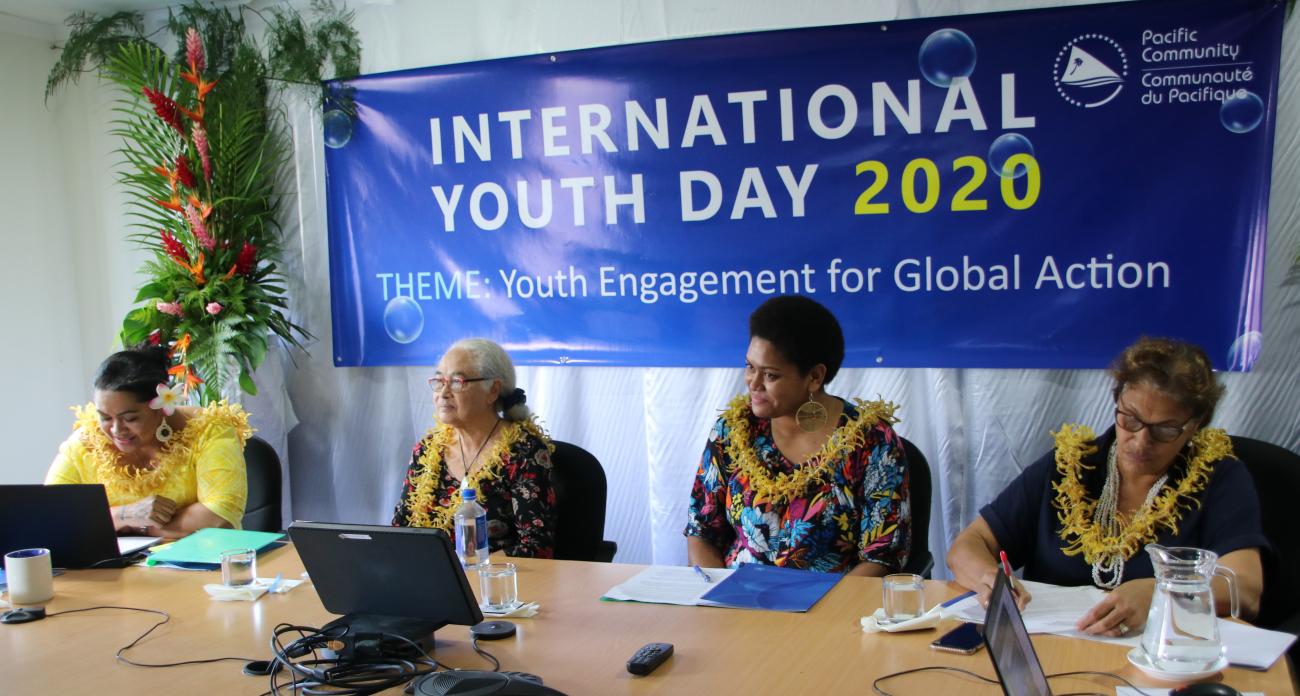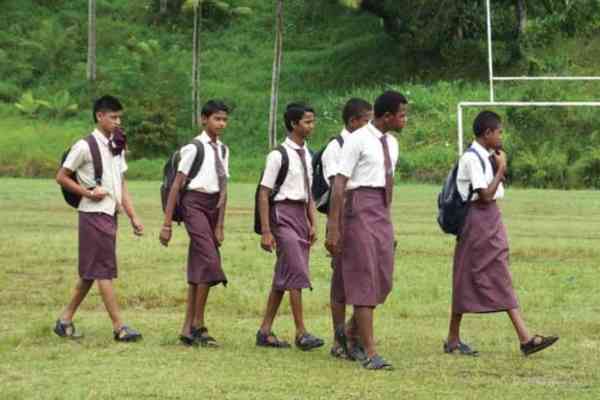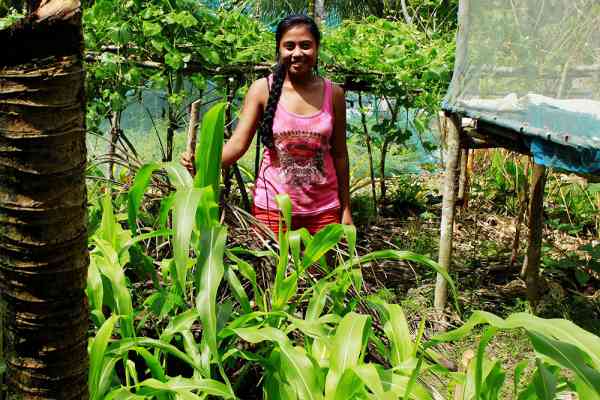Intergenerational dialogue and learning is an approach to development aimed at bridging the generation gap by ensuring young and old people work together towards common goals impacting youth today. These were the remarks of Professor Konai Helu Thaman at the Intergenerational Dialogue and Learning Talanoa hosted by the Pacific Community (SPC) through the Social Development Programme (SDP) last month to commemorate International Youth Day 2020.
Participating in the dialogue were academics, policy analysts and other stakeholders from across the Pacific. Among the key lessons identified from the event was the need to further unpack the intergenerational dialogue and learning concept and the need for the Pacific to recognise and appreciate the value of indigenous ways and practices of transmitting and sustaining indigenous knowledge.
Professor Thaman said “intergenerational dialogue was a way of bringing together different generations to share a community’s collective intelligence aimed at socialisation of future generations for the purposes of cultural survival & continuity”.
The dialogue allowed room for conversation on how indigenous knowledge and practices could help address challenges faced by youth at present including, unemployment, increased teenage pregnancies, sexual reproductive health, psychological trauma, which are now exacerbated by the impacts of COVID-19.
Leituala Kuiniselani Toelupe Tago Elisara, Director of the Social Development Programme, said, “In the wake of COVID-19, our indigenous science, knowledge and practices are becoming increasingly important as Pacific countries experience lengthy lockdowns and border closures. It has reminded all of us about the significant role these practices played in the survival of our people over many centuries and how as Pacific people, we need to learn and relearn our indigenous knowledge and practices to aid our survival during these unprecedented and challenging times.”
Driving the dialogue were youth leaders from across the Pacific sharing their perspectives on the value of convening the intergenerational dialogue. Alisi Rabukawaqa from Fiji highlighted the benefits of creating a “hybrid system” through the dialogue.
“Intergenerational dialogue and learning is an approach that seeks the best of both worlds, the old and the young. That is using the wisdom, understanding and patience of the older generations and the creativity, innovation and energy of the young to forge a new path together; a hybrid system,” she explained.
Jared Marar echoed the comments made by Alisi by stating that the intergenerational dialogue and learning was a two-way process where “generations collide to learn, to teach, to better understand each other’s ways of thinking”. “It is a process where the older generation have the opportunity to guide the young generation and teach them the values of culture and tradition whilst building their character. At the same time, the young generation is also teaching and assisting the older generation about the technological world that we live in.”
Marar added that as the world continued to evolve, young generations were losing culture and tradition as the biggest aspects of their identity and intergenerational dialogue and learning could be a means of addressing this issue.
SPC, through initiating the Intergenerational Dialogue and Learning, hope to begin building a Pacific narrative on the issue. The virtual convenings of the Intergenerational Dialogue and Learning will continue as a platform to explore the concept further and how it can be used to address the challenges faced by youth in present times and how to take the conversation forward both from a national and regional perspective.


